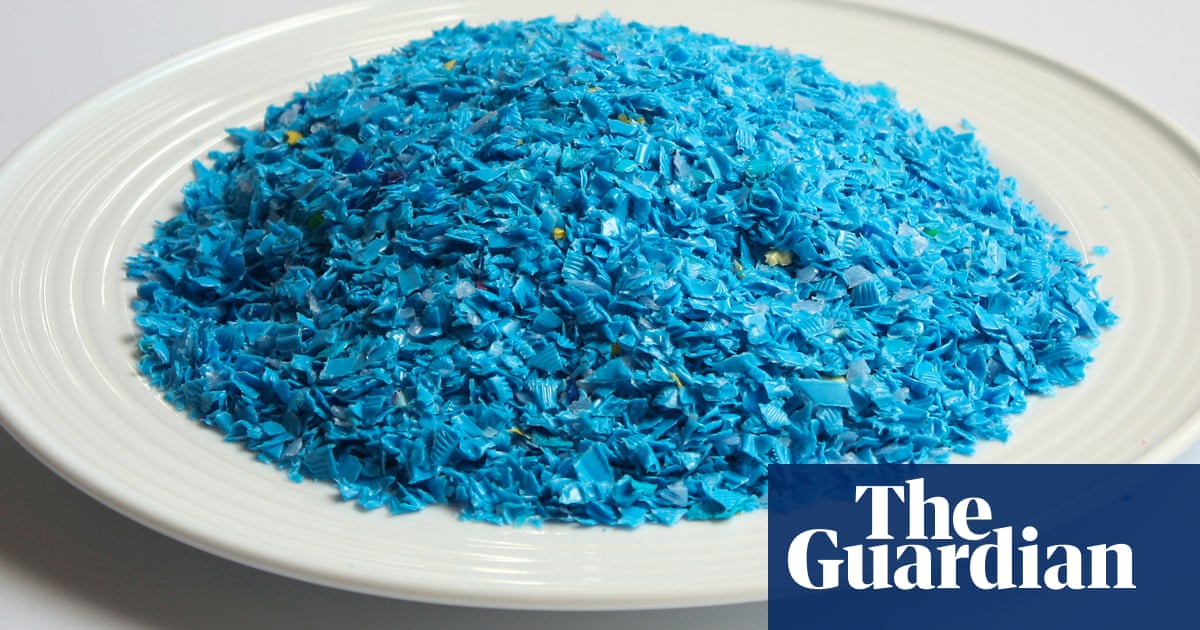LordOfWizards
Well Known Rememberer
Studies have found microplastics – that is, pieces or fibres smaller than 5mm – in foods including tea, salt, seaweed, milk, seafood, honey, sugar, beer, vegetables and soft drinks. Tap water contains plastic. Bottled water contains even more.
Microplastic is clearly making its way into our bodies because it has been found in human poo.
Prof Ian Musgrave, a toxicologist at the University of Adelaide, says knowing if microplastics are harmful to humans is hard to untangle when we are exposed to so many other substances.
The study says a 100g serve of rice typically contains 3.7mg of microplastics if it’s unwashed, 2.8mg if it’s washed or 13.3mg for instant rice (in the microwaveable pouches). A single grain of rice weighs roughly 30mg.
There has been no definitive proof of harm to humans, yet. But the absence of evidence is not evidence of absence.

 www.theguardian.com
www.theguardian.com
Microplastic is clearly making its way into our bodies because it has been found in human poo.
Prof Ian Musgrave, a toxicologist at the University of Adelaide, says knowing if microplastics are harmful to humans is hard to untangle when we are exposed to so many other substances.
The study says a 100g serve of rice typically contains 3.7mg of microplastics if it’s unwashed, 2.8mg if it’s washed or 13.3mg for instant rice (in the microwaveable pouches). A single grain of rice weighs roughly 30mg.
There has been no definitive proof of harm to humans, yet. But the absence of evidence is not evidence of absence.

It’s on our plates and in our poo, but are microplastics a health risk?
The omnipresent plastic is rife in dust, rice, placentas and tap water, but experts say it’s hard to untangle whether it’s harmful to humans

